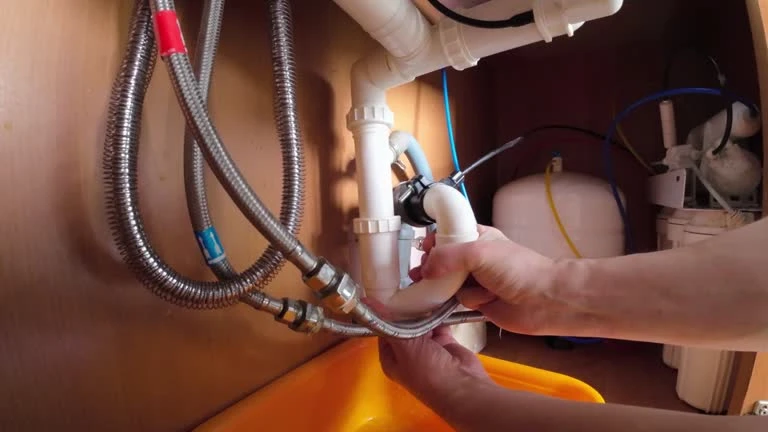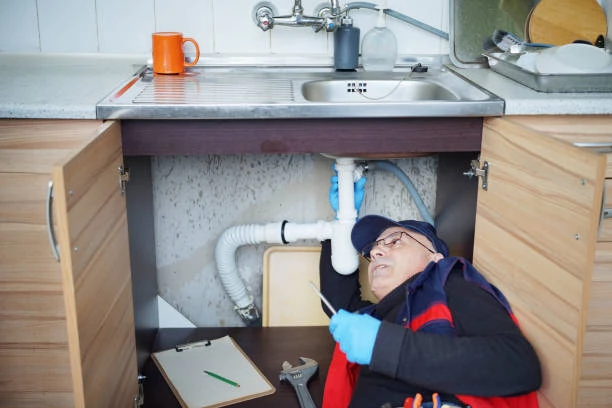Introduction to Brass Faucets
Brass faucets are popular in many households. They combine durability with aesthetic appeal. Often used in kitchens, these faucets face water exposure daily. Understanding their corrosion resistance is crucial for longevity.
Composition of Brass
Brass is an alloy primarily made of copper and zinc. The ratio of these metals can affect corrosion resistance. Some variations include additional elements like lead or tin. These elements can enhance certain properties. For kitchen taps, a higher copper content often provides better resistance.
Types of Corrosion
Brass faucets can face various types of corrosion. Uniform corrosion occurs evenly over the surface. Pitting corrosion creates small pits or holes. Galvanic corrosion happens when brass contacts dissimilar metals. Each type can affect a kitchen tap’s performance differently.
Factors Affecting Corrosion Resistance
Several factors influence brass corrosion resistance. Water quality plays a significant role. Hard water can accelerate corrosion due to minerals. Temperature also affects the rate of corrosion. Warm water tends to corrode metals faster than cold water.
Protective Coatings for Brass Faucets
Manufacturers often apply protective coatings to enhance durability. These coatings minimize direct contact with water. Common coatings include chrome and nickel plating. They help prevent corrosion and maintain the faucet’s appearance. For kitchen taps, these coatings are essential for longevity.
Maintenance Practices
Regular maintenance can significantly extend the life of brass faucets. Homeowners should clean their taps regularly. Using mild detergents can remove harmful residues. Inspecting for signs of wear can also help catch issues early. Simple maintenance practices can prevent extensive damage.
Real-World Examples
Many households report varying experiences with brass faucets. Some have used them for years without problems. Others face frequent replacements due to corrosion. These experiences often depend on water quality and maintenance practices.
Conclusion and Future Insights
In conclusion, the corrosion resistance of brass faucets is vital for performance. Understanding factors like composition and maintenance can help. As technology advances, manufacturers may produce even more resistant materials. For kitchen taps, ongoing research and innovation promise improved durability.
IFAN Products international standards
IFAN products strictly adhere to a comprehensive range of international standards, encompassing ISO 15874, EN 15874, ASTM F2389, DIN 8077/8078, GB/T 18742, NBR 15884, ISO 15494, EN ISO 15494, GB/T 19472, NBR 15494, ASTM 2846 (501), DIN 8079/8080 (502), ASTM F441/F441M SCH80 (503), DIN (504), DIN (505), GB/T 18993, AS/NZS 1477, CSA B137.6, NSF/ANSI 14, TIS 17-2532/1131-2535, BS 3505, BS 4346 (801), ASTM D1785 SCH40 (802), ASTM D1785 SCH80 (803), DIN (804), GB (805), GB (806), GB(901), DWV(902), ASTM D2665 (903), along with ASTM D2241, D2665, D2729, and F441/F441M series, ISO 1452, EN ISO 1452, DIN 8061/8062, GB/T 10002, AS/NZS 1477, JIS K6741, CSA B137.3, and other national and industry norms.
Connect
IFAN is a Chinese manufacturer of plastic pipes, fittings and valves with 30 years of experience. If you are interest in IFAN copper fittings, copper valves, plastic pipes and fittings, please contact us. IFAN offers you a variety of standard pipes to meet your specific needs. Click below to learn more about IFAN’s wide range of affordable and cost-effective valve products and piping system related products.
We will reply your email or fax within 24 hours.
You can call us at any time if there is any question on our production.
For more information,pls visit our webside https://waterpipefitting.com/
Pls Mailto: [email protected]
Whatsapp: +86 15088288323














Recent Comments